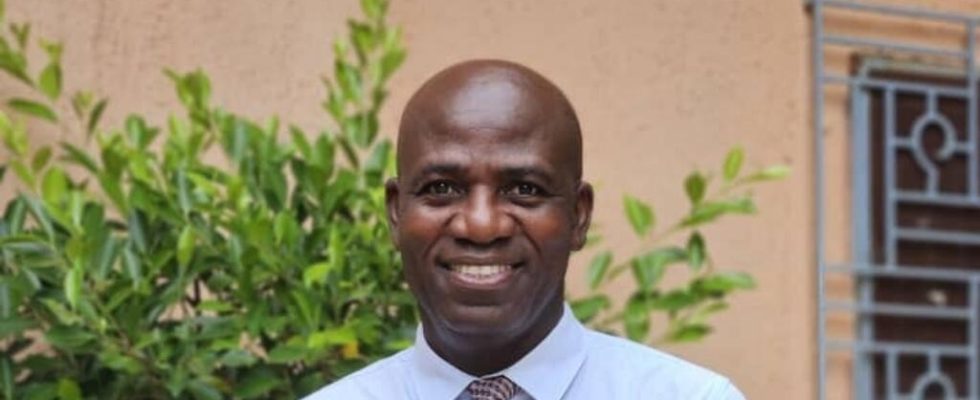The World Health Organization gave the green light on Monday October 2 for the use of a second vaccine against malaria, R21/Matrix-M, which is nearly 77% effective. Three African countries – Ghana, Nigeria and Burkina Faso (where it was created) – had already authorized its use.
4 mins
It is a vaccine primarily intended for children under five years of age, the main victims of malaria. A vaccine considered “ safe and effective » by the WHO, for a cost announced between 2 and 4 dollars per dose. This vaccine is the second validated by the World Health Organization. In 2021, the RTS-S had already been authorized.
The R21 vaccine was developed by Burkinabè doctors based in the Nanoro clinical unit, in partnership with the University of Oxford. Four years of research were necessary to develop it. This is one of the reasons which pushed the Faso authorities to authorize it in July, without waiting for certification from the WHO. The organization must now validate the manufacturing methods for this new vaccine which will be produced by the Serum Institute Of India laboratory, a pharmaceutical giant capable of producing 200 million doses per year. The marketing of this R21 anti-malarial vaccine is planned for 2024.
Interview with Professor Halidou Tinto, regional director of the Nanoro Health Sciences Research Institute in Burkina.
RFI: Professor Halidou Tinto, what does WHO certification for the use of the malaria vaccine, R21/Matrix-M, mean to you?
Halidou Tinto: I would say that this is the major achievement of my research career which began in 1998. Seeing this outcome and all the impact it will have on the history of malaria epidemiology – which will certainly be reversed in the years to come – I can only be proud to have accomplished a lot for the African community.
We were pioneers in the first results that revolutionized research on malaria vaccines, reporting in 2021 in Tea Lancet [une revue médicale de référence, NDLR] the first results on this R21 vaccine which had demonstrated an effectiveness of 77%, a first in the history of humanity in terms of vaccine research on malaria.
For you, this vaccine will therefore help accelerate the elimination of malaria.
This vaccine was created by the University of Oxford, but our merit in the development process of this product is to have been those who tested and demonstrated for the first time that this vaccine could reach such a level efficiency with safety of use. And today, seeing the WHO endorse these results and recognize their relevance can only make us proud.
Read alsoWHO gives green light to second malaria vaccine for children
The challenge for us, and the stress, was that this was confirmed elsewhere than in Burkina Faso. Because this validated precisely the quality of the work that we produced in phase 2. And fortunately, precisely in phase 3, where this vaccine was tested in Mali, Tanzania and Kenya, the tendency is to confirm what we have seen in phase 2: namely that this vaccine is 75% effective with absolute safety in use.
This vaccine is primarily intended for children, those under five years old. It’s a small revolution.
As you know, children under five are the population most at risk of severe malaria and death. But it must be said that research does not stop, research continues and with our Gambian partners we have obtained funding from the English government to test this vaccine from 2024 in adolescent and adult populations. This will involve mass vaccination to see if this vaccine can be useful beyond children, which would be another revolution in the history of malaria research.
Read alsoEight things to know about the RST,S malaria vaccine
